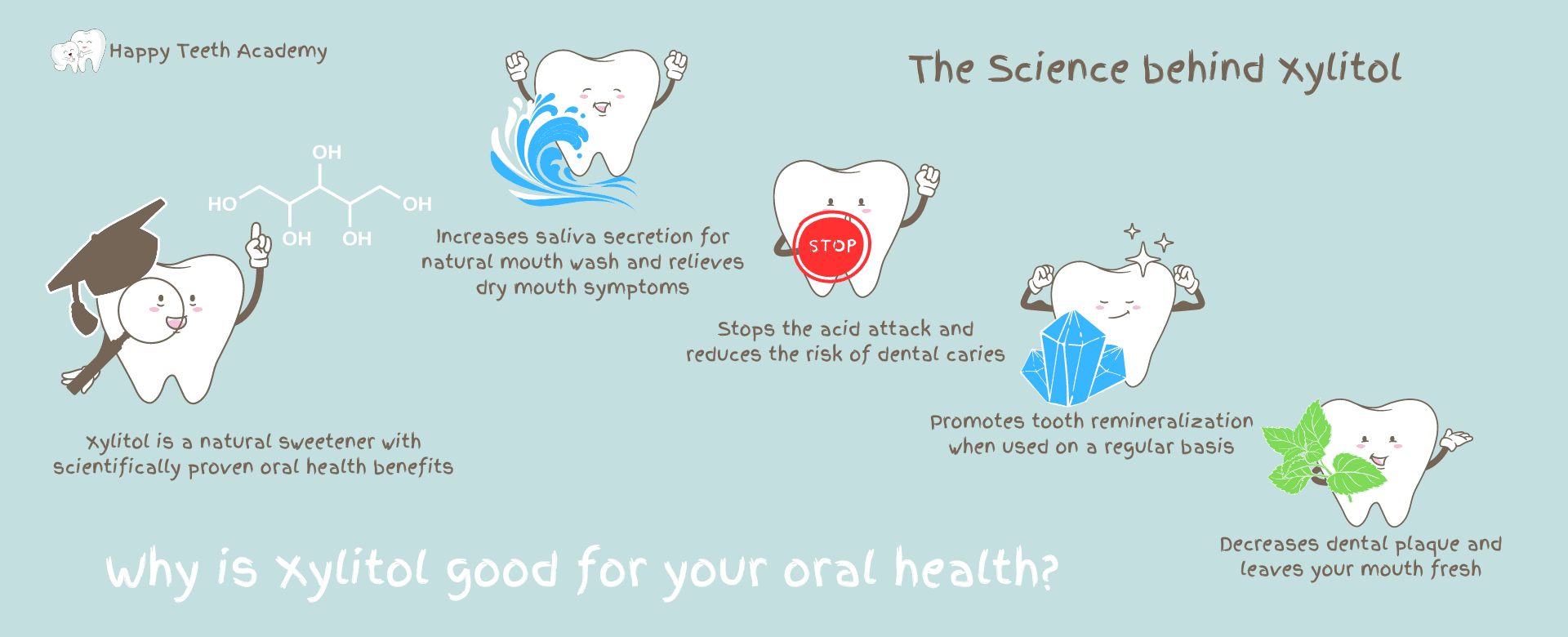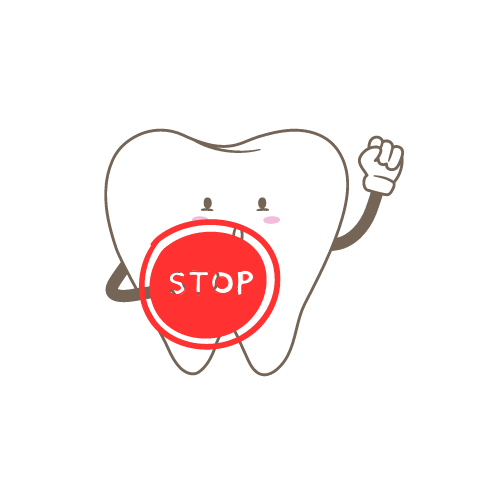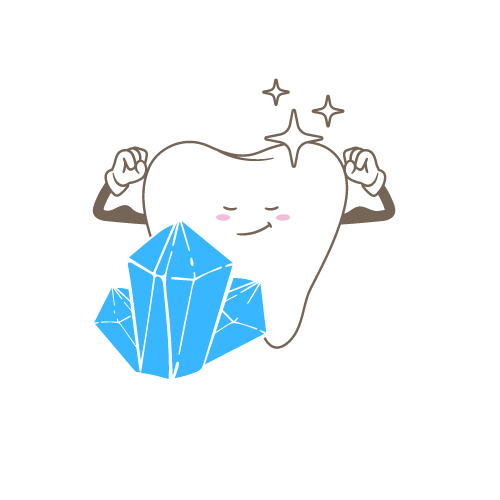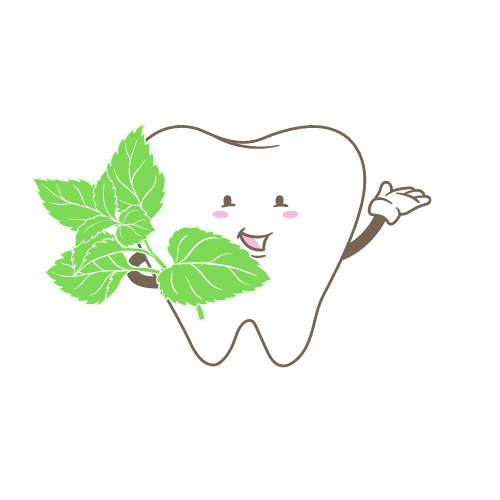

Mis on ksülitool?
Ksülitool on looduslik aine, mida leidub väikestes kogustes paljudes puu- ja köögiviljades. Tööstuslikult saadakse ksülitooli ksülaani-rikastest taimsetest materjalidest, peamiselt kasepuidust. Ksülitool kuulub suhkrualkohoolide ehk polüoolide hulka ning seda kasutatakse laialdaselt magusainena. (Mäkinen, 1978)
Alates 1970. aastatest, kui esimesed uuringud (Turku Sugar Studies, Scheinin jt, 1975/1976) näitasid ksülitooli võimalikku mõju hambakaariese ennetamisel, on seda palju uuritud ja ametlikult tunnustatud kui iseseisvalt kasutatavat kaariese ennetusvahendit.
American Academy of Pediatric Dentistry (AAPD, 2022) toetab ksülitooli kasutamist mittekaariogeense magustajana.

Miks on süljeeritus sinu hammaste jaoks oluline?
Sülg toimib nagu looduslik suuloputusvahend. See on loomulik puhastaja, mis eemaldab suust kahjulikud bakterid ja toidujäägid. Ksülitool, nagu ka teised magusained, võib suurendada süljeeritust juba oma magusa maitse tõttu.
Kuid kuna suus leiduvad bakterid ei suuda ksülitooli fermenteerida kaariest tekitavateks happelisteks lõpp produktiks (Mäkinen, 2011), on ksülitooli poolt stimuleeritud sülg aluselisem ja mittekaariogeenne võrreldes tavaliste suhkrurikaste toodetega.
See tähendab, et ksülitooliga hambakomme võib ohutult kasutada igal ajal – nii päeval kui öösel –, et leevendada suukuivust ilma hambaid kahjustamata.
Sülg mängib olulist rolli ka hambaemaili remineraliseerumisel (Nayak jt, 2014).

Kuidas ksülitool vähendab hambakaariese riski?
Ksülitooli ei suuda suuõõne bakterid oma ainevahetuses kasutada, mis tähendab, et kõige tavalisem suubakter Streptococcus mutans ei saa suus kasvada, kui kasutad ksülitooli pärast toidu või suhkrurikka joogi tarbimist (Scheinin jt, 1975; Nayak jt, 2014). Suubakterite kasv põhjustab niinimetatud happerünnaku, mis omakorda tekitab hambakaariest. Väikeste igapäevaste ksülitoolikoguste kasutamine vähendab märkimisväärselt hambakaarieste esinemissagedust (Mäkinen, 2011). Ksülitooli ja erütritooli kombinatsioon võib kaarieste esinemissagedust vähendada tõhusamalt kui kumbki alditool eraldi (Mäkinen, 2011).

Miks ksülitool aitab hambaid remineraliseerida?
Remineraliseerimine on loomulik hammaste taastumisprotsess. Ksülitool aitab kaasa hambakudede mineraliseerumise suurenemisele. Nagu varem mainitud, suurendab ksülitool süljeeritust. Remineraliseerimisprotsess toimub tänu suurenenud süljevoolule, mis on rikas fosfaatide ja kaltsiumi poolest (Gasmi Benahmed jt, 2020). Seega ei vähenda ksülitooliga hambakommide kasutamine mitte ainult hambakaariese riski, vaid aitab ka juba kahjustunud hambaid remineraliseerida, tugevdades hambaemaili.

Kuidas ksülitool vähendab hambakattu?
Hambakatt on kleepuv bakterikiht, mis moodustub pidevalt hammastele. Ksülitoolil on märkimisväärne hambakattu vähendav toime (Gasmi Benahmed jt, 2020). Ksülitooli sisaldavad toidud ja suuhügieenitooted pidurdavad hambakatu teket, vähendades kaariest põhjustavate bakterite kasvu (Mäkinen, 2011). Seetõttu aitab ksülitooliga hambakommide regulaarne kasutamine pärast igat toidukorda, vahepala või jooki vähendada suubakterite hulka ning seeläbi ka hambakattu. On tõestatud, et erütritool on eriti tõhus hambakatu kasvu vähendamisel ning selle toimel moodustub vähem hapet (Runnel jt, 2013).

